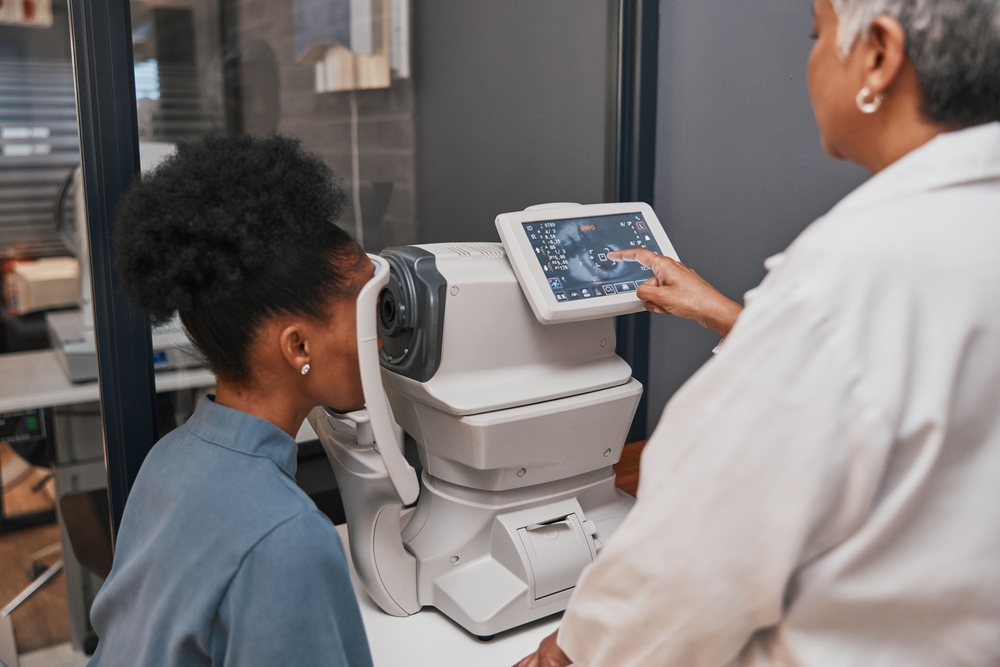
Retinal diseases such as macular degeneration, diabetic retinopathy, and retinal detachment can significantly affect your vision and quality of life if not diagnosed and managed early. One of the most advanced tools we utilize to monitor these conditions is Optical Coherence Tomography (OCT). This non-invasive imaging technology provides detailed insights into the health of your retina, allowing for early detection and ongoing monitoring of retinal diseases.
What Is an OCT Scan?
OCT stands for Optical Coherence Tomography, a state-of-the-art imaging technique that uses light waves to take cross-sectional pictures of your retina. Much like an ultrasound uses sound waves, OCT uses light to reveal each distinct layer of the retina with micrometer precision. This allows your eye doctor to detect even the smallest changes in retinal thickness and structure.
How OCT Aids in Monitoring Retinal Diseases
OCT can identify subtle abnormalities in the retina that may not be visible during a standard eye exam. This early detection is crucial in conditions like age-related macular degeneration (AMD) or diabetic macular edema, where treatment outcomes are more favorable when the disease is caught early.
For patients already diagnosed with a retinal condition, OCT scans provide a reliable way to monitor progression over time. By comparing scans taken at different intervals, your optometrist can detect changes in retinal thickness, fluid buildup, or damage to retinal layers, helping guide treatment decisions.
OCT is also useful in assessing how well a treatment is working. For instance, in patients receiving injections for AMD or diabetic retinopathy, OCT scans can show whether swelling has decreased or if new problem areas are developing.
With the precise data OCT provides, we can make informed recommendations about the next steps, whether it is continuing a treatment plan, adjusting medication, or referring you to a specialist for advanced care.
Why Regular OCT Scans Are Crucial
Even if you’re not currently experiencing vision problems, regular OCT scans can serve as a baseline for future comparisons. For those with risk factors like diabetes or a family history of retinal disease, periodic imaging helps ensure that any changes are caught and addressed quickly.
Take a Proactive Approach to Your Eye Health
Monitoring retinal health is essential for preserving your vision, especially if you’re at risk for conditions like macular degeneration or diabetic retinopathy. OCT scans provide powerful insights that help detect changes early and guide effective treatment plans.
Schedule your comprehensive eye exam at Lauren Alexander Optical & Katy Vision Source to learn how advanced imaging like OCT can support your long-term eye health. Contact our office in Katy, Texas, by calling (281) 693-1616. For Lauren Alexander Optical, visit our office in Spring, Texas, or call (713) 357-9949 to book an appointment today.






